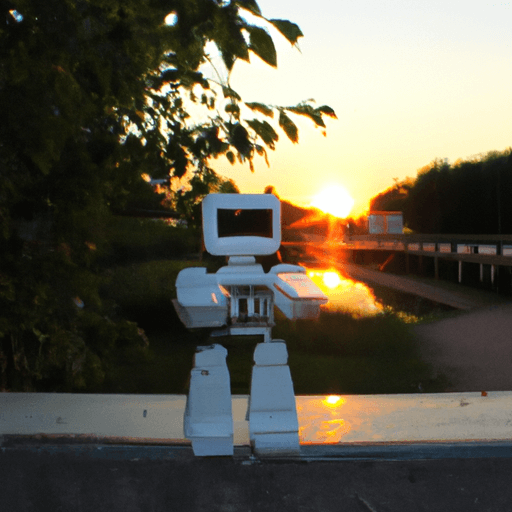The Impact of Artificial Intelligence on the Future of Work
The emergence of artificial intelligence (AI) and automation technologies has the potential to transform the future of work. AI has already been used to automate many aspects of our lives, from the way we shop to the way we communicate. As AI technologies become more advanced and sophisticated, they are increasingly being used to automate aspects of the workplace, including decision making, customer service, and data analysis. There are both potential benefits and risks associated with the growing use of AI in the workplace, and it is important to consider how humans can adapt to these changes.
One of the potential benefits of AI in the workplace is increased efficiency. Automated systems can process large amounts of data quickly and accurately, allowing businesses to make decisions faster and more accurately. AI can also be used to automate mundane tasks, freeing up human workers to focus on more complex, creative tasks. AI can also help to improve customer service, allowing customers to get help faster and more easily. In addition, AI can help to create more personalized experiences for customers, allowing businesses to better meet their needs.
However, there are also potential risks associated with the use of AI in the workplace. For example, automation technologies can lead to job losses as humans are no longer needed to perform certain tasks. Additionally, AI systems can be biased and make decisions that are not in the best interests of the business or its customers. There is also a risk that AI systems will be used to surveil and monitor employees, creating a hostile work environment.
In order to adapt to the changing workplace, humans must become more comfortable with AI and automation technologies. This means learning how to use AI effectively and efficiently, as well as understanding the potential risks associated with it. Additionally, humans must learn how to work with AI systems in order to maximize their potential benefits. Finally, humans must be willing to embrace the changing workplace and be open to the idea of working with AI technologies.
The use of AI and automation technologies is already having an impact on many industries, from healthcare to retail. For example, AI is being used to automate medical diagnoses, streamline customer service processes, and improve supply chain management. As AI technologies become more advanced, they will continue to have an impact on the labor force of the future. In order to prepare for this, humans must learn to adapt to these changes and embrace the potential benefits and risks of automated systems.

















Comments
Leave a Comment